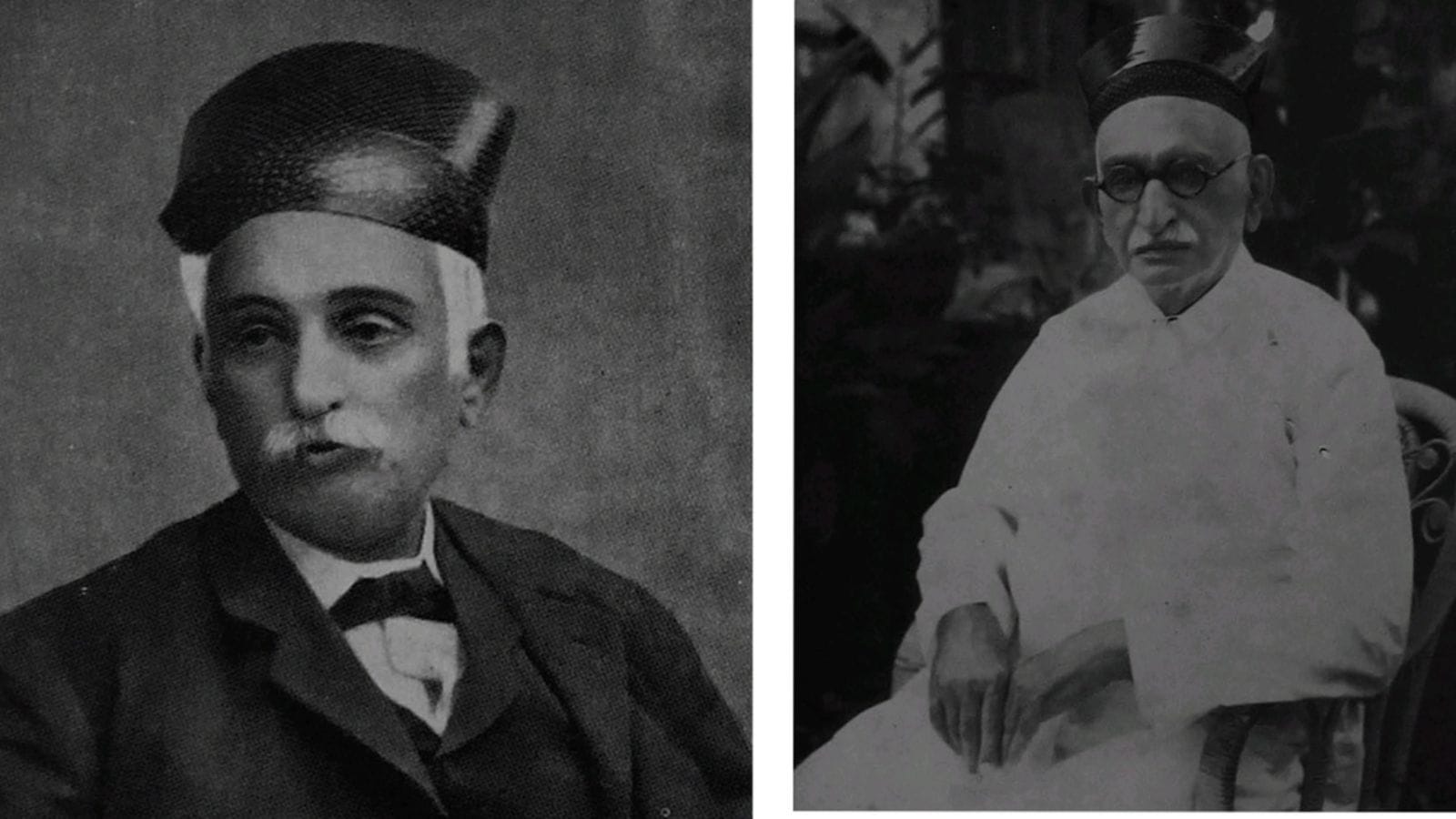Farrukh Dhondy, the well-known British Indian author and screenwriter, was an adolescent lad in 1950s Pune. His first major exposure to the world of literature came when as a high school student he joined the Albert Edward Institute's library on East Street with two other friends.
In his memoir, Cambridge Company, Dhondy describes how he read a copious number of books 'through an inspired haphazardness' at the institute's library.
"In Poona, I had in my early teens through school and college wandered into a decrepit building with a desolate Greek porch called the Albert Edward Institute. It consisted of three or four rooms full of books, most of them leftover from the days of the Raj. The institute by then, ten years after the captains and the kings of the Raj had departed, had very few members, most of them elderly men who would come to the veranda each day to read the stock of daily papers spread on the trestle tables," recounts Dhondy in the memoir.
The library and the institute – which as per Dhondy's record had entered into a decline with the end of the British Raj – have continued to serve the local community, readers, and students – over 140 years after its establishment, although it remains only a pale shadow of what it would have been in its heyday. The library – the second oldest in the city and the oldest in Pune Camp – is home to over 17,000 books in various languages and a variety of subjects ranging from history to meteorology and philosophy to anthropology.
A prince's visit
In 1875, the then Prince of Wales and future King of the United Kingdom visited Pune as part of his tour of India, the first such visit by a member of the British royalty. In mid-November 1875, Albert Edward spent three days in 'Poonah' which involved some public meetings and a visit to the Parvati temple atop an elephant – the first such ride for the prince.
Soon after the visit, the local community decided to mark the occasion of the visit by creating a memorial. The local statesmen had deliberated on several projects that they could undertake to commemorate the prince's visit – such as erecting a clock tower, opening a museum, or building a dispensary.
"But finally it was decided to have a public library in the Cantonment, as the one in the City (Poona Native General Library) which was established in the year 1848, was too far away from this Cantonment," writes M H Moledina in the History of Poona Cantonment.
 Trader Seth Cowasjee Dinshaw (left); after his death in 1900 his son Hormusjee Dinshaw Adenwalla (donated the library collection to the Albert Edward Institute as well as funds to expand the institute through the construction of a reading hall. (Express)As per Moledina, the library was established in 1875-76 at some other location and was of a smaller scale and the building where it stands today was constructed later. The plot on which the Institute came up was given to the trustees by the military establishment free of cost. The plot previously had been used as the cantonment jail – it was right opposite the then-cantonment police station. The cost for construction, which stood at Rs 15,000, was collected through public subscription.
Trader Seth Cowasjee Dinshaw (left); after his death in 1900 his son Hormusjee Dinshaw Adenwalla (donated the library collection to the Albert Edward Institute as well as funds to expand the institute through the construction of a reading hall. (Express)As per Moledina, the library was established in 1875-76 at some other location and was of a smaller scale and the building where it stands today was constructed later. The plot on which the Institute came up was given to the trustees by the military establishment free of cost. The plot previously had been used as the cantonment jail – it was right opposite the then-cantonment police station. The cost for construction, which stood at Rs 15,000, was collected through public subscription.
As per the news reports of the time, the library – called the Albert Edward Institute – housed in the new building was formally inaugurated by the then-governor of Bombay James Fergusson. At the event, Fergusson said that such initiatives taken to commemorate the prince's visit were "bringing the people of India nearer to the personality of the crown".
The institute was considerably expanded in 1901 when the book collection and other possessions of the Cowasjee Dinshaw Library in Mumbai (then Bombay) were handed over to the institute along with funds for the construction of the reading room and a hall.
A peaceful hall to study
At present, the buildings – the library proper and the reading hall – wear a decrepit look. The collection remains stagnant as no new books have been added for decades and the institute is also involved in some legal battles. Its members, who have to pay a monthly subscription fee of Rs 300, are mainly students preparing for civil services, medical, engineering, and CA (chartered accountancy) entrance exams. Other readers include pensioners who visit it during the morning and evening hours to catch on news as the library subscribes to a number of newspapers.
"There are no facilities here but it's calm and the reading hall isn't crowded like in other places. Also, Rs 300 a month is very cheap," said a student studying for state civil services.

No comments:
Post a Comment